Syria’s de facto leader, Ahmed Al-Sharaa (also known as Abu Mohammad al-Golani), called for national reconciliation and the lifting of international sanctions.
Sharaa, the leader of the Islamist Hayat Tahrir al-Sham (HTS) group, which ousted President Bashar al-Assad earlier this month, emphasized the need for a transitional period to establish a new political structure in Syria.
Sharaa addressed the possibility of running for president, noting that the focus should first be on setting up a transitional government and holding a national conference that includes all Syrians.
He suggested that the formation of a new constitution would be essential for the country’s future, but declined to comment on whether a new constitution would be subject to a public referendum, stating it was not within his expertise.
Regarding Syria’s post-Assad future, Sharaa argued that the sanctions imposed during Assad’s regime no longer made sense, as the political leadership had changed. He called for the lifting of these sanctions to allow for national growth and reforms.
On the topic of his past involvement with militant groups, Sharaa stated that his association with al-Qaeda was circumstantial and occurred during the Iraq conflict. However, he stressed that since his return to Syria, he had cut ties with external organizations and focused solely on Syria’s interests.
Sharaa also discussed the future of Syrian relations with Russia, suggesting that while Syria would maintain strategic ties with Moscow, its sovereignty and independence must be respected. He also criticized Israel’s actions in Syria, stating that the removal of Hezbollah and Iranian militias from the country meant there was no justification for Israeli incursions into Syrian territory.
Additionally, Sharaa highlighted ongoing talks with Kurdish groups in northern Syria, aiming to find a peaceful resolution to their concerns. He reiterated that all militant groups, including his own, must eventually disarm once the Syrian state is stabilized and a new army is established.
As Syria enters a new phase following the downfall of Assad, Sharaa's government faces the challenge of navigating complex regional and international relationships while seeking a peaceful and stable future for the country
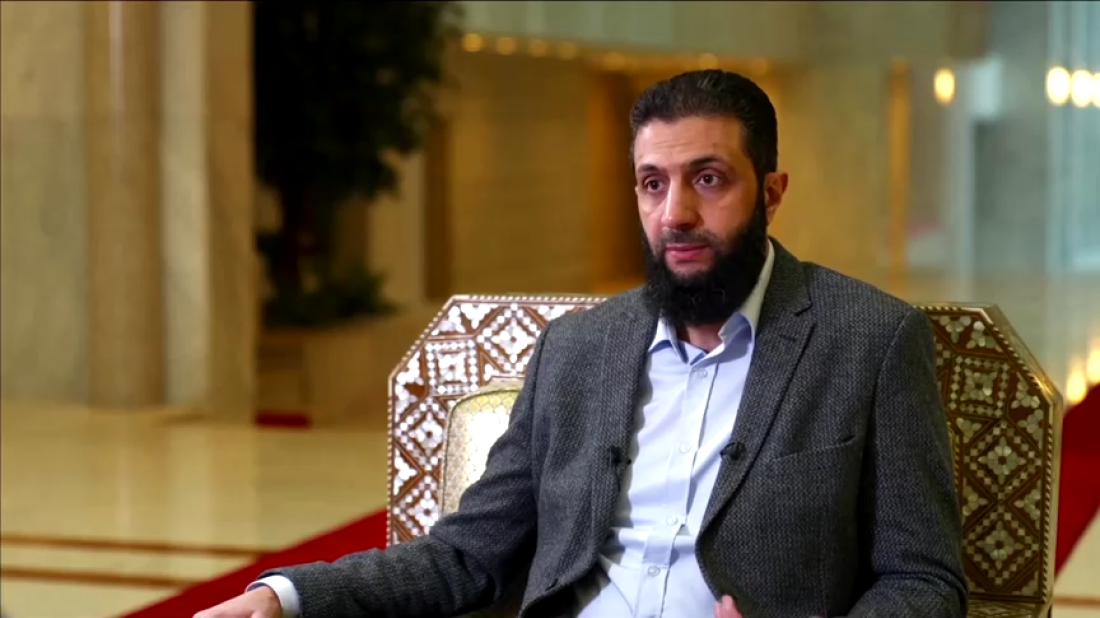
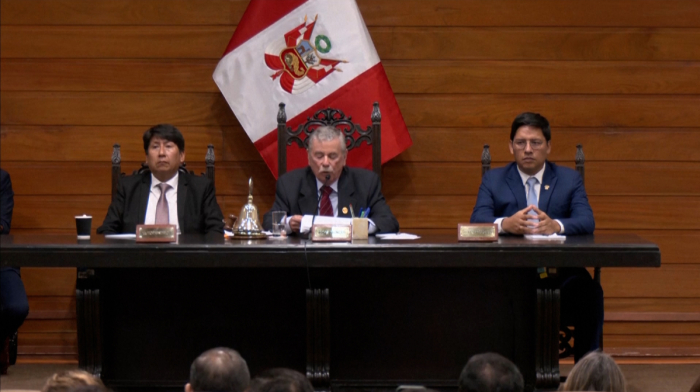

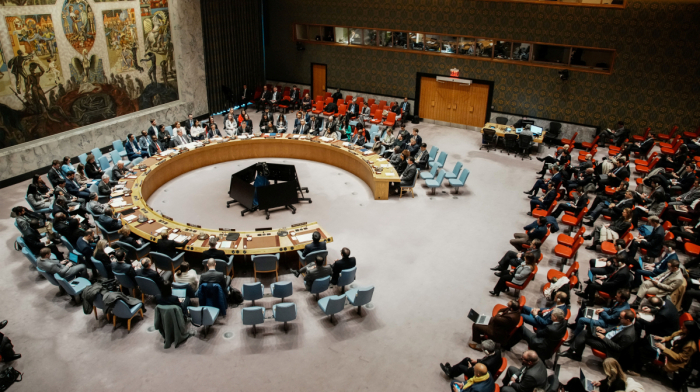
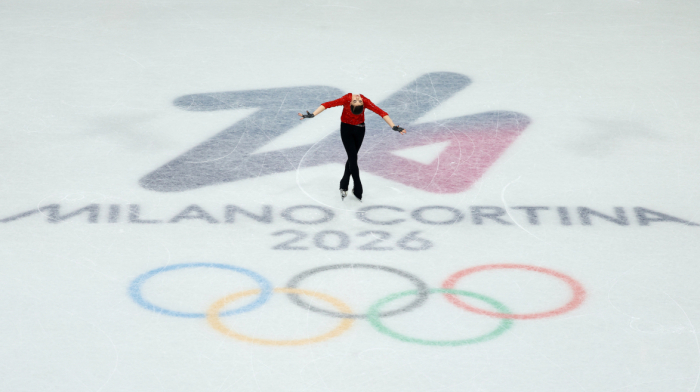
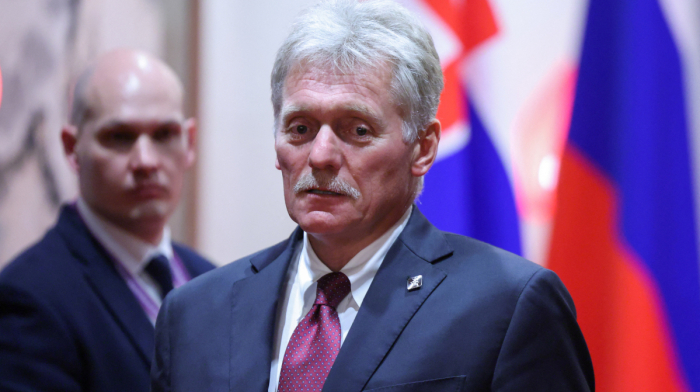

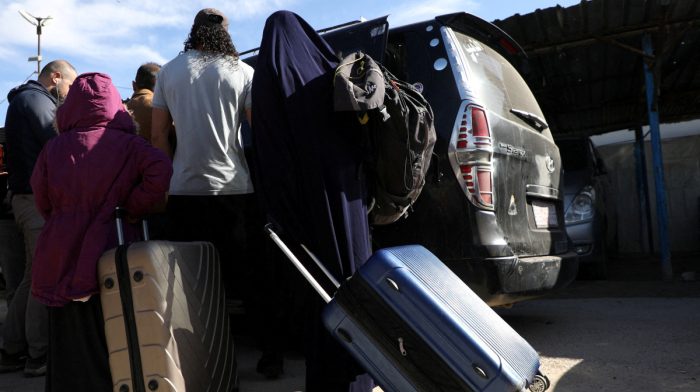
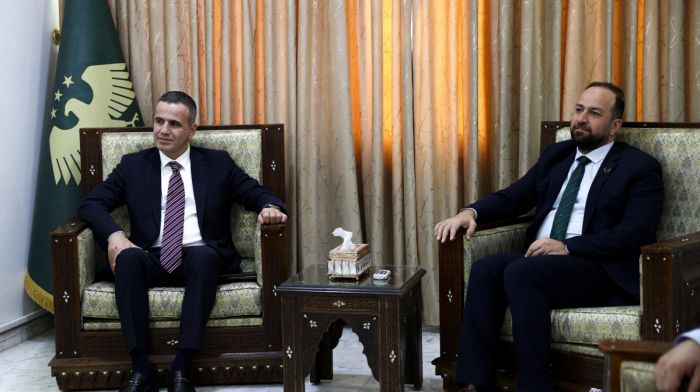
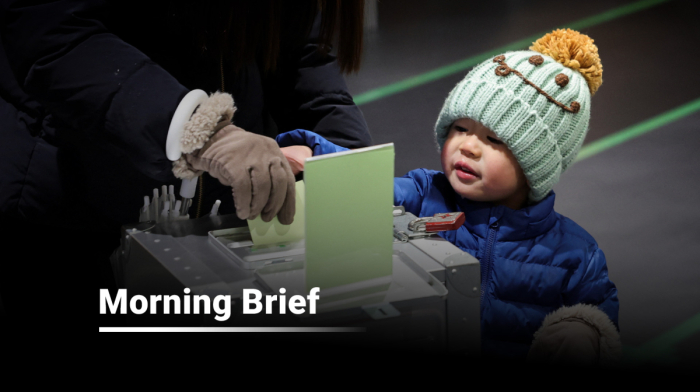
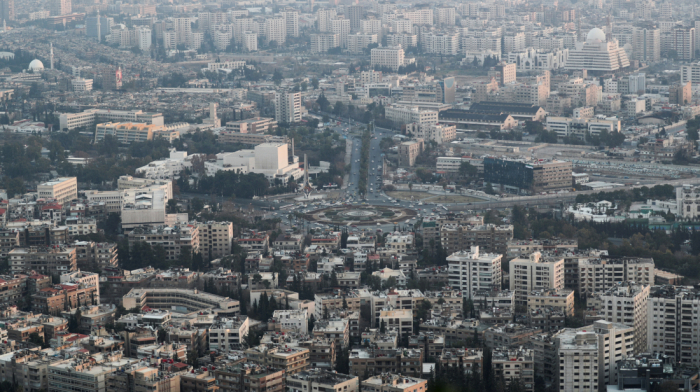
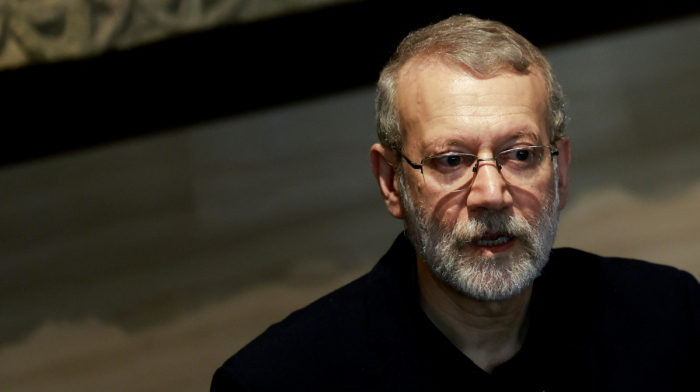
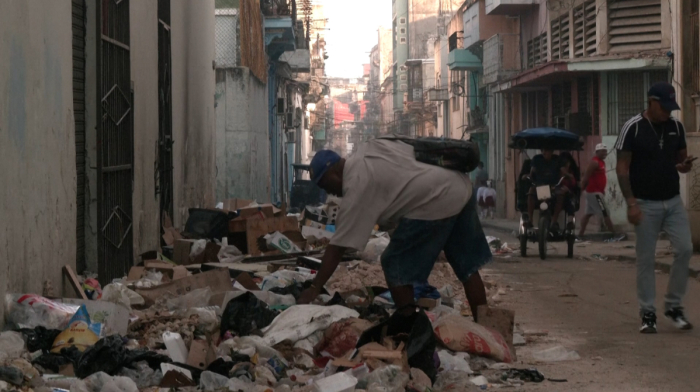

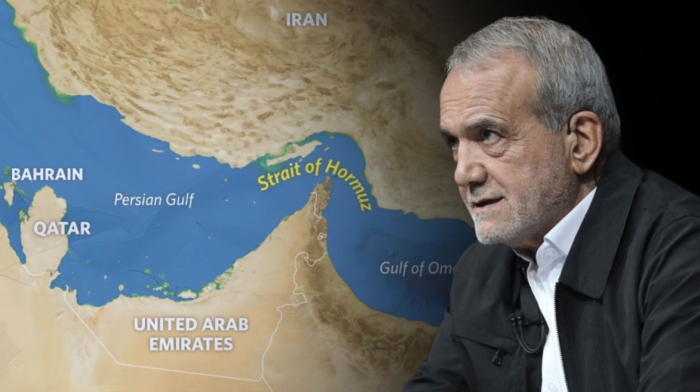
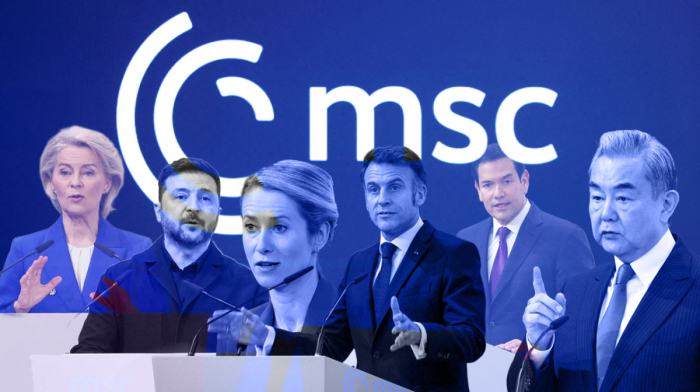
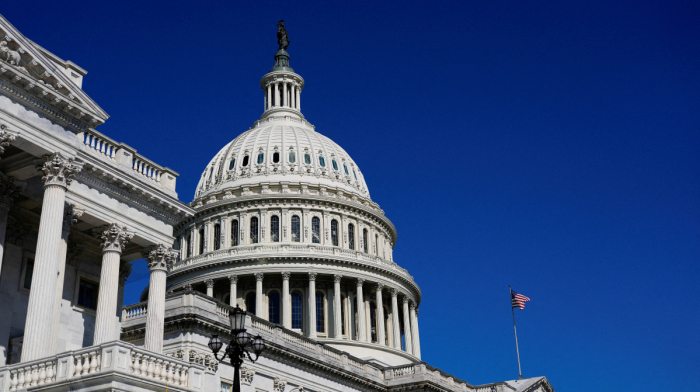



What is your opinion on this topic?
Leave the first comment